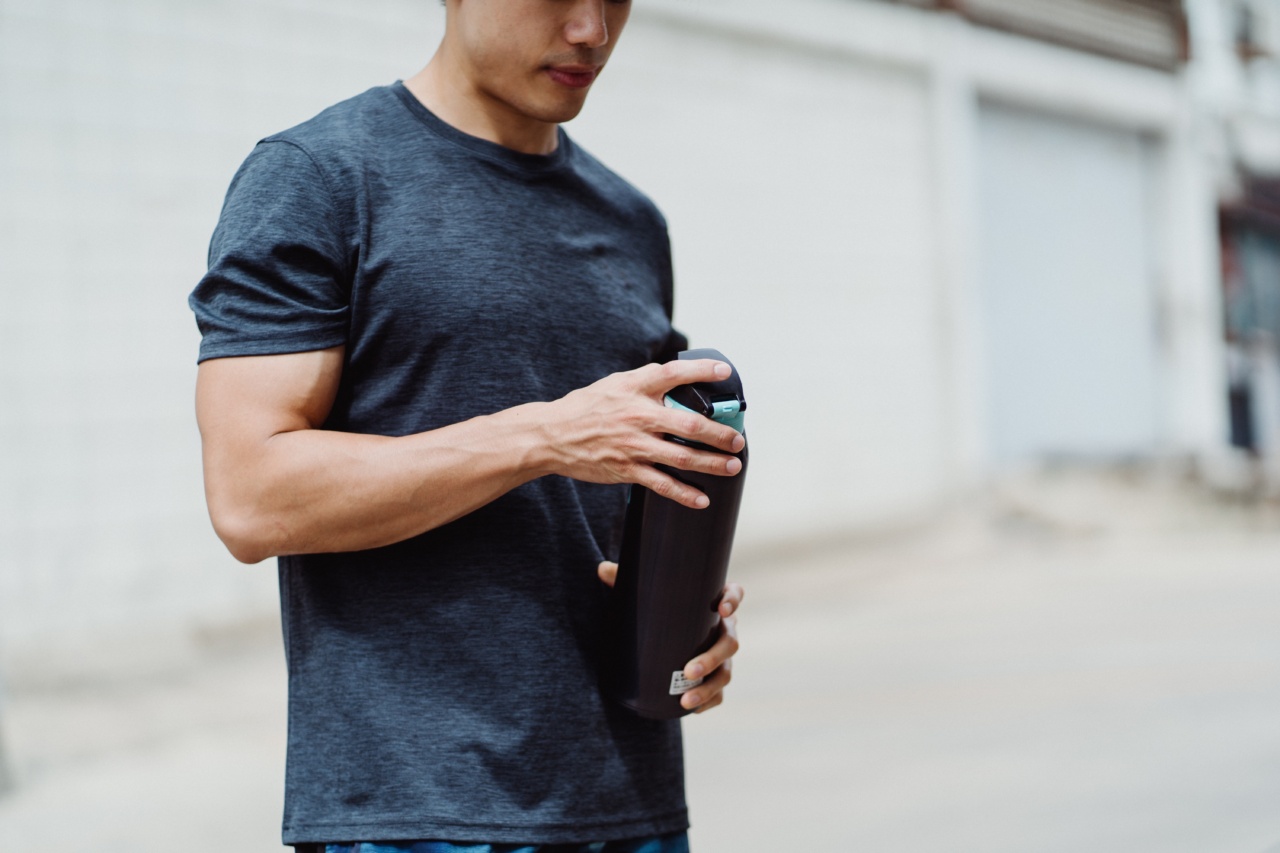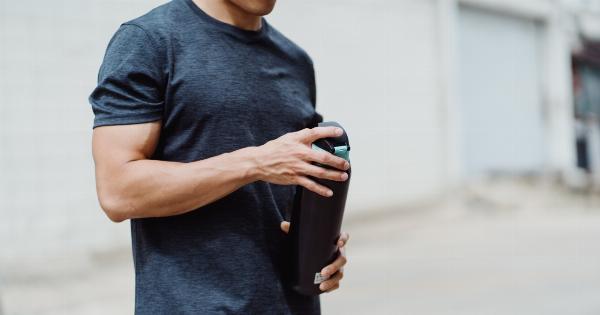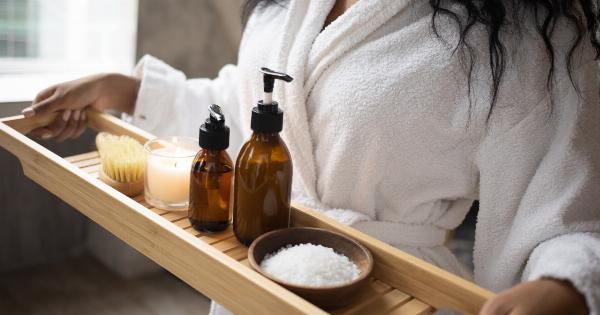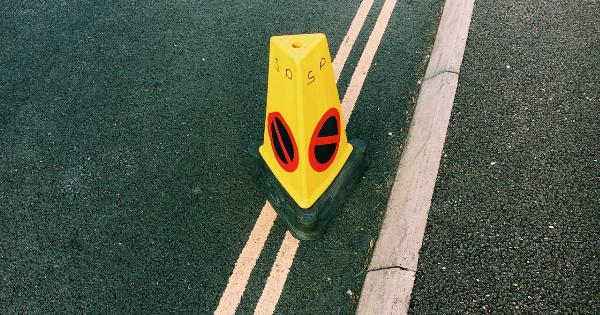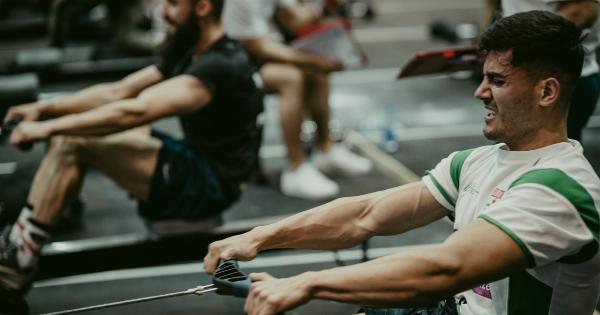Training sessions can push our bodies to their limits, leaving us feeling exhausted yet accomplished. However, post-workout muscle cramps can dampen the whole experience and affect our recovery process.
Muscle cramps are involuntary muscle contractions that can range from mild to excruciatingly painful. While the exact causes of muscle cramps are still debated among researchers, dehydration is a common culprit.
The Importance of Hydration
Hydration plays a vital role in maintaining the overall health and functioning of our bodies. During intense workouts, we lose essential fluids through sweat, and when those fluids aren’t replenished adequately, dehydration can occur.
Dehydration affects our muscles’ ability to contract and relax properly, leading to the development of cramps. Ensuring proper hydration before, during, and after exercise helps combat cramps and supports optimal muscle function.
The Role of Electrolytes
In addition to water, our bodies require a proper balance of electrolytes to function optimally. Electrolytes are minerals that carry an electrical charge and are essential for various bodily functions.
They play a significant role in muscle contraction, nerve impulses, and maintaining proper fluid balance. The main electrolytes responsible for muscle function are sodium, potassium, calcium, and magnesium. Imbalances in these electrolytes can increase the likelihood of muscle cramps.
Hacks to Combat Cramps After Training
1. Stay Hydrated Throughout the Day:.
The key to combating cramps is to start hydrating well before your training session. Begin your day with a glass of water and make an effort to drink water consistently throughout the day.
This will ensure that your body is adequately hydrated even before you hit the gym.
2. Pre-Workout Hydration:.
Before starting your training session, drink at least 16 ounces of water to prepare your body for the upcoming physical exertion.
If your session is particularly intense or prolonged, consider consuming a sports drink containing electrolytes to replenish any imbalances.
3. Sip During Your Workout:.
While exercising, aim to sip on water at regular intervals to maintain hydration levels. If you’re engaging in vigorous or endurance-based activities, consider consuming a sports drink to replenish both fluids and electrolytes.
4. Post-Workout Replenishment:.
After you finish your workout, it’s crucial to rehydrate to aid in recovery and prevent cramps. Aim to consume at least 20 ounces of water or a sports drink within the first hour of completing your session.
5. Replace Electrolytes:.
In addition to water, replenishing electrolytes is equally important. Consuming foods rich in electrolytes, such as bananas, oranges, spinach, and nuts, can help restore electrolyte levels naturally.
Alternatively, you can opt for sports drinks or electrolyte powders that provide an instant and convenient source of these essential minerals.
6. Consider Coconut Water:.
Coconut water is a natural and refreshing alternative to sports drinks. It is rich in several electrolytes, including potassium and magnesium, making it a great choice to combat cramps.
Make sure to choose 100% natural coconut water without any added sugars or flavors.
7. Monitor Sodium Intake:.
While sodium is necessary for proper muscle function, excessive intake can lead to imbalances. Keep an eye on your sodium consumption and opt for healthier alternatives whenever possible.
Limiting processed foods and adding natural salt substitutes, such as herbs and spices, can help maintain a healthy balance without compromising on flavor.
8. Stretch and Foam Roll:.
Incorporate stretching and foam rolling exercises into your post-workout routine. These activities can help alleviate muscle soreness and tightness, reducing the chances of developing cramps.
9. Warm Baths with Epsom Salt:.
Taking warm baths infused with Epsom salt can provide relief from muscle cramps. Epsom salt contains magnesium, which helps relax muscles and alleviate pain.
Fill your bathtub with warm water and dissolve 1-2 cups of Epsom salt before soaking for 20-30 minutes.
10. Listen to Your Body:.
Every individual’s hydration needs may vary, so it’s essential to listen to your body’s signals.
If you experience frequent cramps despite hydrating adequately, consider seeking medical advice to rule out any underlying health conditions.
Conclusion
Muscle cramps can be a hindrance to your fitness journey, but with proper hydration and taking the necessary steps, you can combat them effectively. Remember to hydrate throughout the day, replace electrolytes, and listen to your body’s needs.
By incorporating these hydration hacks into your routine, you’ll be able to recover faster, perform better, and say goodbye to those post-workout cramps!.
